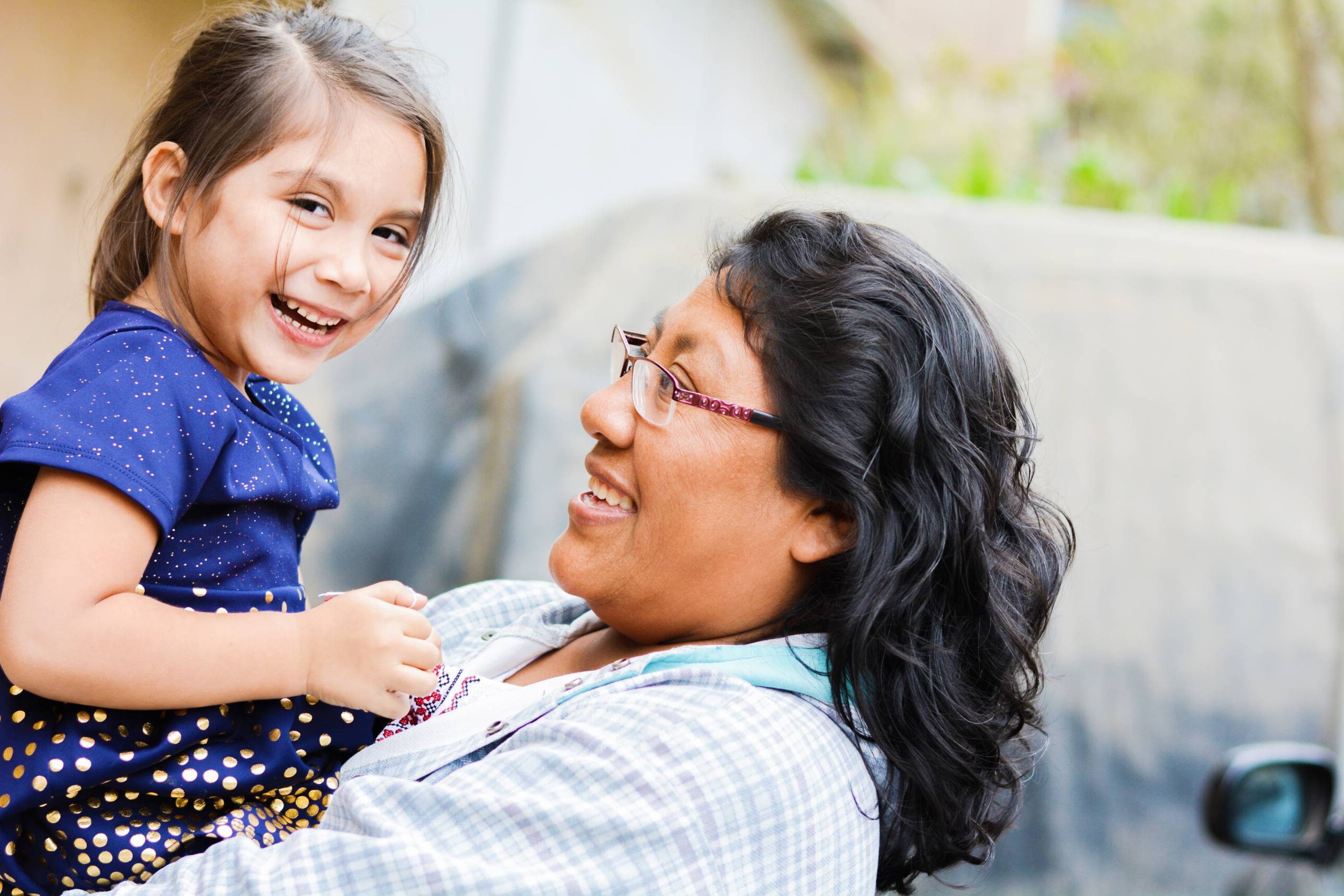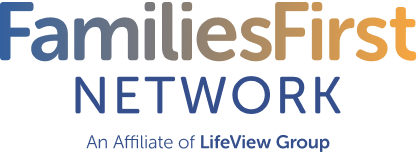Frequently Asked Questions About Adoption

Who are adoptive parents?
Most people who are interested in providing loving care are eligible to adopt. Adoptive parents:
- Can be single, married, or divorced.
- May or may not have birth children.
- Must be able to financially manage the addition of a child to the family, although there are no specific income requirements. There is a program available to help families with expenses, including medical expenses and ongoing financial expenses for waiting children who are eligible.
- Must have room for another child, but you do not have to own a home.
- Must have no criminal history that would prevent adoption approval.
What is included in the application process?
The process consists of speaking with a recruiter, attending parenting classes, completing background screens, filling out an application and having a home study completed. The steps to adoption are:
- Contact us: To get started, contact our adoptions team.
- Inquiry process: Our adoption recruitment specialist will get to know you and your family and answer any of your questions. You will then be signed up for a training class.
- Attend training: The National Training and Development Curriculum for Foster and Adoptive Parents (NTDC) is a 27-hour training to prepare you for adoption. Once training is complete, an adoption recruitment specialist will get to know you and your family and answer questions about the home study process
- Home study: After completing your training, you will work on the adoption application packet and a child welfare case manager will conduct a home study. This will include visiting your home, completing background checks, collecting references and getting to know your family in-depth.
- Approval: When all requirements have been met, your home study will be approved and you will review and sign the final copy. Your family will be considered for local matches with waiting children.
- Sign up for Family Match: After your home study is approved, you can create a profile and complete the assessment on Family Match, an innovative technology used to match children in Florida with approved adoptive families.
- Match: Once you are considered for a potential match for a child, a meeting will be held to assess your family’s fit for the child in relation to other home studies being considered.
- Full disclosure: Once selected as a match for a child, the agency will provide you with all available information and history for the child.
- Transition: Before a child is placed with you, the child will be introduced to your family through scheduled visits.
- Post-placement supervision: After a child is placed, a minimum of 90-day post placement period is required where an adoption caseworker makes visits to assess the child’s and family’s adjustments and readiness before proceeding to finalization.
- Finalization: A hearing to finalize your adoption will be set before a judge. At this hearing, the adoption will be finalized and the child will legally become part of your family.
- Post-adoptive support: FamiliesFirst Network partners with Children’s Home Society to offer services to continue supporting your family after your adoption.
How long does the process take?
The classes usually take eight weeks to complete. Your adoptive home study may take up to three months to complete after the classes. After your home study, it’s difficult to say how long it will be before a child is placed with you. Some families can identify with a child immediately. Some families take longer finding a child who they feel will fit into their family unit. Generally speaking, the more willing you are to consider a diverse group of children, the sooner you will find a child for your family.
What is Family-Match?
Family-Match is a data-driven platform that helps connect children awaiting adoption with forever homes.
What is the selection process?
You or the adoption recruitment specialist will submit your approved adoptive home study to the caseworker of the child you are interested in. Other families also may be interested in the child. Regardless, an adoption staffing committee will review all home studies and determine which family can best meet the child’s needs. When a family is selected, the child’s caseworker will contact them and provide information about the child. The prospective family also will learn about the child’s personality, academic performance, behaviors and history. If the family wants to proceed, a visit will be set up to meet the child.
What happens when I first meet my child? What about after that?
First visits can take place in the foster home or at a neutral place like a park or fast food restaurant. You and the child will have several more visits, including overnight stays, as you get to know each other. When you, the child and the caseworker feel it is time, the child will move into your home. At that point, a supervisory period of at least 90 days begins during which you can adjust to becoming a family. A caseworker will visit regularly, providing support to you and offering referral services to help ensure the stability of your adoption. When you’re ready to make the adoption permanent, your caseworker will prepare the necessary paperwork for a lawyer to file with the court. You and your child will go in front of a judge who will ask you some questions about your family and how you are doing together. He will then sign an Adoption Decree giving you all the legal rights and responsibilities for your child — “as though he or she was born to you” as the judge will say. Soon after, you will receive an amended birth certificate with your child’s new name and listing you as the child’s birth parent.
Who are the “waiting children”?
Children waiting to be adopted are in the custody of the State of Florida (or of other states). These children were unsafe with their birth families because they were abused, neglected or abandoned. Their parents have had an opportunity to make their homes safer so that their children could return to the home, but for whatever reason, that did not happen. At this point, a judge has determined that the child cannot return home, making him or her available for adoption. When this decision is made, the child is “freed” for adoption.
Can we adopt more than one child?
Yes, indeed! There are many brothers and sisters waiting to be adopted. We especially welcome families who can take siblings. We also have families who adopt a child and later decide that they want to adopt more children.
If we have problems after we are paired with a child, will the agency help us?
Yes. FamiliesFirst Network will give you all the help we can. During the waiting period of at least three months before you go to court to finalize the adoption, we will have regular visits with you and will be on call to help with problems that arise. You should call us right away, rather than wait until a problem escalates. Even after the child is legally a part of your family, you can contact Children’s Home Society, who offers post-adoption support for help.
Can we be paired with a child who doesn't have problems?
Whether a child is yours by birth or adoption, every child has unique needs, and not one is “problem free.” The type of issues will vary, and all children react in different ways. Some children may test you to see if you mean what you say about loving them and being a family forever (i.e. trust issues). Your family’s loving home is the opportunity that these children need. Your love, attention and understanding will help the child adjust over time. Many adoptive children need help at different times during the adoption process. Harsh past experiences may require you to seek support services at various developmental stages.
How much does it cost to adopt?
FamiliesFirst Network charges nothing. If you adopt an eligible waiting child, we pay the legal and court costs of the adoption and provide you with a modest monthly subsidy to help pay the child’s expenses. Most adopted children also have medical coverage until they are 18 years old. In Florida, children adopted from foster care are eligible to receive college tuition assistance.
I am an adoptive parent. How do I set up or make a change to my direct deposit for my adoption subsidy?
For any issues with direct deposit or subsidy payments, please contact NWF Health Network by e-mailing [email protected] and [email protected]. Please include your name and current address.
